The fastest-growing unicorn to emerge from Australia, Airwallex, has raised over $1 billion and serves 150,000 customers worldwide. Lucy Liu – the co-founder and investor – wrote a $1 million cheque, giving rise to a company now valued almost 10,000 times that.
This story was featured in Issue 17 of Forbes Australia. Tap here to secure your copy.
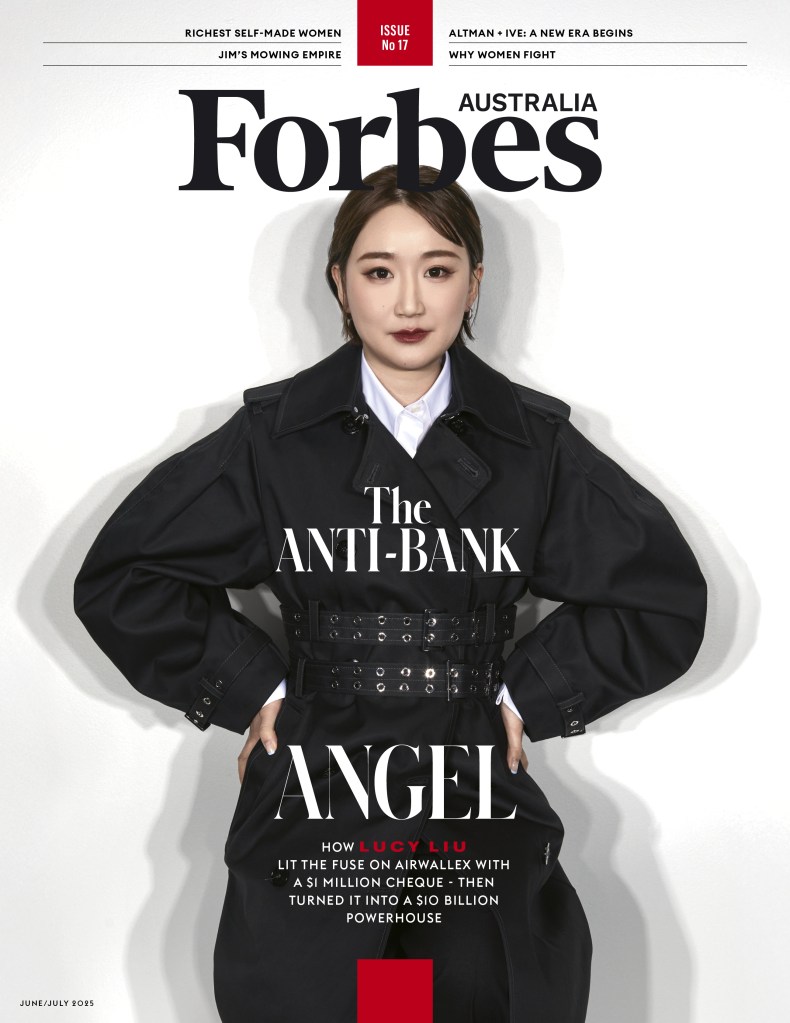
Ten years ago, Lucy Liu sat down at a Collins St, Melbourne restaurant, and promised Max Li and Jack Zhang a $1 million cheque.
She was 25; a University of Melbourne finance graduate with little experience in the business world, but strong intuition and a penchant for risk.
Liu, Li, and Zhang were chatting about the broken cross-border payments system and how expensive it was to move money from one country to another.
Zhang had a solution. He wanted to build a new service to make international payments cheaper and easier, and had put together a business plan detailing how to achieve it.
He was looking for $500,000 to get Airwallex – a combination of the words ‘Air,’ ‘Wallet’ and ‘X’ for Exchange – off the ground.
Liu, who had been investing in the public markets since her university days and received financial contributions to invest from her father, offered a million.
Zhang was stunned when, within a week, that million had been deposited into his bank account.
“Meeting Lucy over dinner in Melbourne was a defining moment,” he says. “I was genuinely surprised when she not only showed strong interest but offered to invest twice the amount I was seeking.”
Looking back, Liu laughs at the original business proposal – “it was a complete joke,” she says – but the bones were there: cross-border B2B payments, simplified and scaled.
What became of that conversation over dinner between three University of Melbourne graduates was Airwallex – the fastest growing fintech yet to come out of Australia.
The founders built a platform that supersedes SWIFT, a payments system built in the 1970s that requires bank accounts to send and receive money.

Having ticked that off, they moved into business accounts, expense management, and issuing multi-currency cards.
That disruption the company has achieved is far from over, says Liu. Her vision is one where traditional financial institutions are superseded by technology companies that are nimbler, more
robust and easily able to assess fraud and money laundering.
“We want to be the future of global finance,” she says. “AWS cloud technology powers the internet. We want to do that for fintech.”
Lucy Liu
Zhang reiterates the company’s gargantuan ambitions. “Our mission is to build a financial ecosystem that moves as freely as the internet.”
It is a mission that has attracted considerable VC investment. Blackbird joined the cap table in May, as part of the company’s $459 million Series F. This last raising brought the firm’s valuation to $US6.2 billion. “Airwallex has long been on our radar,” Michael Tolo, a general partner at Blackbird, says. “We made the mistake of not investing early on, but have followed the team’s ability to execute relentlessly for years.”
Local and international media reports often describe the firm as “the Tencent-backed Airwallex” in reference to the Chinese tech behemoth’s investment. But getting a handle on exactly how big a stake Tencent has in the company is difficult.
Airwallex spokespeople would not be drawn when questioned, saying the firm doesn’t comment on shareholdings of investors or founders and pointed to a recent press report where Liu was quoted as saying she didn’t know which investor had the largest stake “but that no investor had an out-sized” one compared to others.
The latest raise gives the company near decacorn status. It catapults Liu into the realm of just one of two women in Australia to co-found one.
In person, Liu is stoic, erudite, and reserved. She easily pivots the conversation from company strategy to implementing AI to Airwallex’s financials.
She moves with poise and chooses her words carefully, occasionally bursting out with a moment of levity, such as when she says her two daughters will inevitably want to build companies themselves, if they are anything like her.
Liu’s humility is front and centre, frequently deflecting and praising Zhang and her co-founders for their work to build the company when pressed on her achievements.
In essence, Liu’s Airwallex story is more than angel-investing in a fintech decacorn. The 34-year-old didn’t just finance the business; she was instrumental in building it.
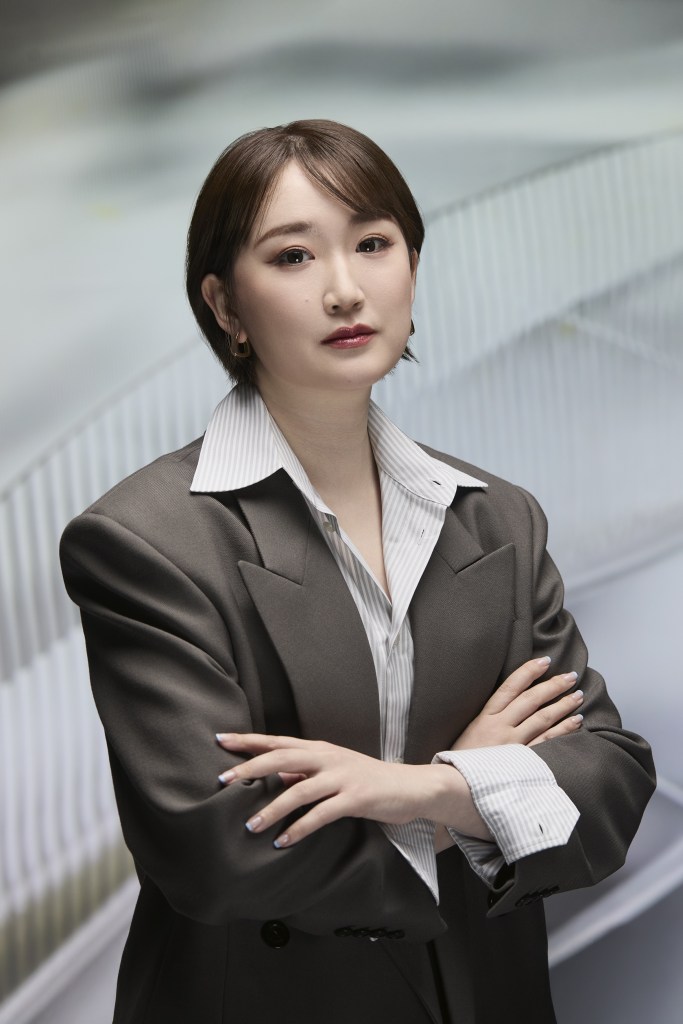
From business plan to fintech behemoth
Around the time Liu had that meeting with Li and Zhang, she had a master’s degree in commerce and two years’ experience giving investment advice to businesses and wealthy individuals in China. Depending on what arose, she also had a healthy nest egg earmarked for investment, either angel or property.
The University of Melbourne graduate’s career options looked solid. Yet Liu’s internal monologue questioned the monotony of continuing along the trail she had blazed out for herself.
“Working for a financial institution gets very repetitive,” Liu says. “If you do this, you get this, and then you achieve this, right? And then it repeats. You get allocated this KPI or revenue target, and you achieve that. You bump it up 20% the next year.”
Liu was looking for more. In 2015, she left her job at China’s CICC investment bank in Shanghai to travel Europe and spend time with her parents in Australia.
It was on this trip that she sat down at a restaurant in Collins St with her university friend, Max Li, and his colleague in both real estate investments and a coffee shop, Jack Zhang.
The conversation turned to frustrations over hefty foreign exchange fees and the difficulty in moving funds across borders, problems the Shanghai and Auckland-raised Liu understood too well. Her dinner companions proposed a solution – creating a fintech platform that could streamline cross-border payment processing. Liu offered to bootstrap the fledgling business idea with a $1 million cheque.
“That bold gesture underscored her conviction – and it was clear she wasn’t just backing an idea, but a team and a future,” Zhang says. “What stood out most was her pragmatic, business-first mindset. She recognised the potential and supported it.”
The three University of Melbourne graduates, Liu, Li and Zhang, met up again in the law school library of their alma mater the day after to discuss the business idea in more detail.
“It almost felt like going to the library to discuss a school assignment,” Liu says. “We really didn’t put a lot of thought into it.”

For Lucy, funding Jack Zhang’s Airwallex business plan was an opportunity to get into angel investing and VC, something she had wanted to do since leaving her job at CICC in Shanghai.
“When Jack told me the idea, the worst thing that could happen to me was returning to a corporate job. If that’s the worst case, then it’s not that much of a big risk, right? I thought, why not build something myself and get the experience first-hand?” That conviction spoke volumes to Zhang about his business partner.
“Her investment was far more than financial – it was a meaningful vote of confidence in our mission and team,” he says. “That early belief gave us the momentum to get off the ground. I felt a deep responsibility to deliver, pushing me to be even more committed to building something enduring.”
Liu says losing a million dollars was a bet she was willing to take on an idea she saw having tremendous opportunity. It also allowed her to get busy building rather than returning to work for a corporation.
“At that time, my free cash flow was for investment purposes. I thought, ‘if I’m betting on something, why not also bet on myself, at the same time?’ And that’s exactly why I chose to invest in Airwallex and become a co-founder with the team.”
The early days
True to her word, and with little more than a hastily cobbled-together business plan, Liu deposited $1 million into Zhang’s account and became angel investor, co-founder, and, eventually, president of Airwallex.
The enthusiasm of her co-founder, Zhang, whom she barely knew when she invested, convinced Liu to follow through on her million-dollar bet.
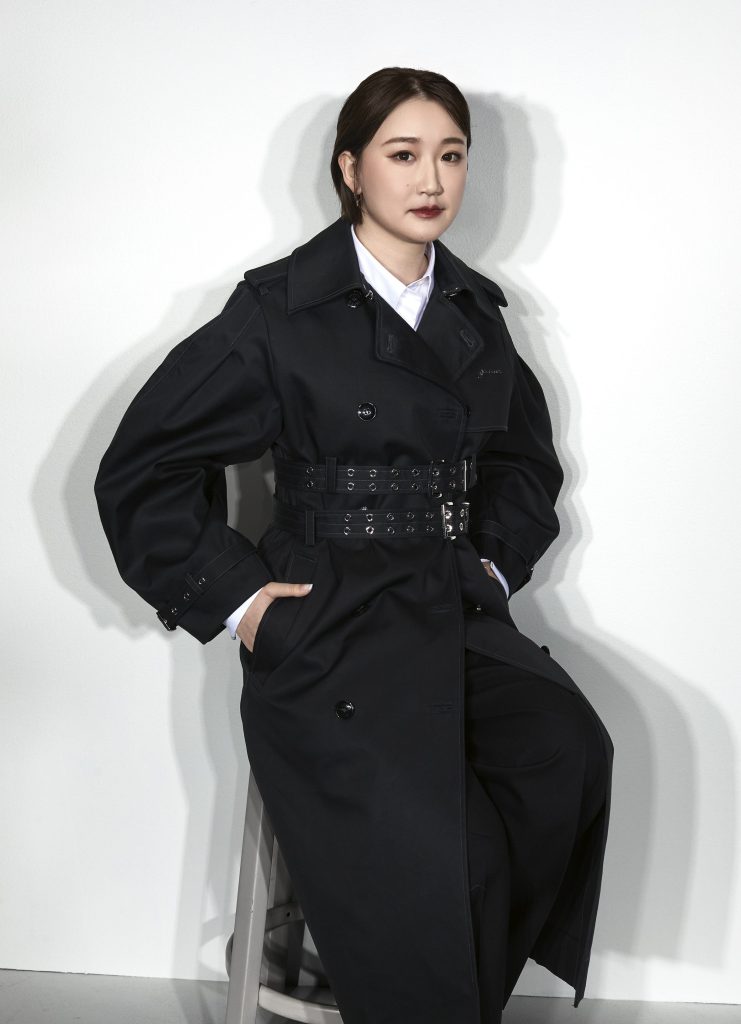
“Jack is very good at selling ideas. He is very convincing,” she says of Airwallex’s CEO. “He was so passionate about what he was going to do, and that drew me into the business.”
Zhang’s passion is indeed notorious. He is known to be a hard charger, the unrelenting driving force behind Airwallex’s rapid ascension. Paul Bassat, founder of online employment marketplace Seek and VC firm SquarePeg, which invested in Airwallex in 2017, says Zhang is exceptionally ambitious.
“Jack Zhang is unusually bright, curious and mission-driven. Like most great founders, he thinks about things differently,” says Bassat.
Bassat says that the individual talents of Liu, Zhang, Max Li, Jacob Dai, and Ki Lok Wong came together to create a strong founding team.
“They are the perfect example of the types of entrepreneurs who we love to back: highly capable, super smart, deep domain knowledge, driven and looking to solve a real and large, global problem.”
That problem has been resolved very well, according to Cory Johnson, a fintech analyst in San Francisco. The beauty of Airwallex products is their operational efficiency.
“It’s one of the more interesting fintechs out there – it basically built a global payments system that skips over SWIFT, which is slow, expensive, and stuck in the 1970s,” he says. “Instead of sending money through a mess of correspondent banks, Airwallex routes payments directly, so businesses can move money across borders faster and cheaper.”
Building that network required obtaining licenses and adhering to disparate regulations in every country. Liu and Zhang, the operational muscle of the business, were tasked with creating that international infrastructure. They both had ties to Asia, and Liu says she worked from an aeroplane for the first few years, with Shanghai as her home base.
“Money services are a regulated industry. We needed bank accounts and banking networks in that part of the world, so I started spending a lot more time in Hong Kong, getting the license[s] to be able to operate,” Liu says.
The three other co-founders built the technical and engineering side of the business.
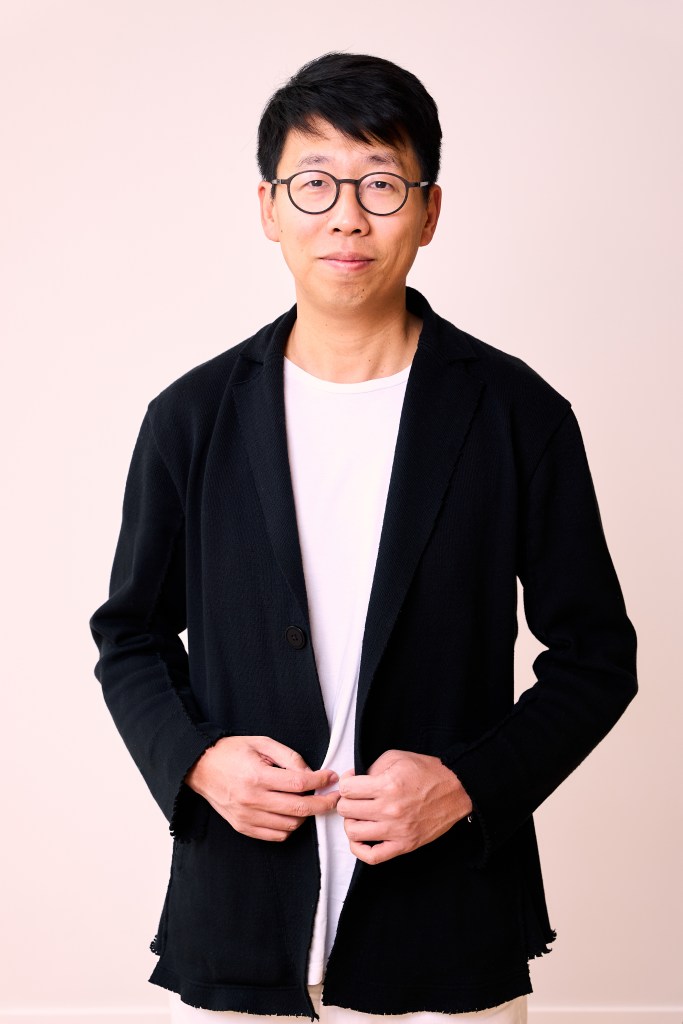
Li and Zhang had worked together previously in real estate. They had set up a coffee shop in Melbourne’s Docklands district, intending to replicate the café in Asia and export Melbourne’s ‘coffee culture’ abroad.
“Jack has very good business sense and acumen,” Liu says. “As soon as he sees an opportunity, he jumps on it. That’s how we were able to grow so quickly in the first five years of Airwallex.”
Building a war chest
To fund its global ambitions, Liu and Zhang bypassed local capital and raised overseas. The first half of Airwallex’s decade-long journey included six fundraising rounds, attracting VCs including Tencent, Sequoia Capital, and Mastercard.
Paul Bassat at SquarePeg was the first Australian VC to get behind the firm, investing $6 million in an A+ round in 2017. Two years later, the company was minted as a unicorn when Yuri Milner’s fund DST, backer of Facebook, Airbnb, and Spotify, led the $100 million Series C round.
“Airwallex is proud to free businesses from many of the traditional barriers that have made international transactions so difficult,” Zhang said when announcing the unicorn-defining raise, just four years after the company’s inception in Melbourne.
Tackling such a problem would be capital-intensive, and Liu and Zhang knew they needed to fundraise internationally to make it feasible. “We needed to build and hire, and we knew we needed more money to get the business off the ground,” says Liu of the period after she made her investment.
“Angel or seed rounds that Australian VCs were giving out were incredibly small. I worked in China and have friends working at VCs [there]. We needed to go overseas to raise funds – and that’s exactly what we did.”
Building a war chest of $363 million within five years enabled the company to achieve the seemingly impossible.
“Airwallex lets companies open bank accounts in other countries, hold funds in 60+ currencies, and pay at near interbank rates – all without touching a traditional bank,” says Johnson.
“They’re doing way more than just payments now – think corporate cards, expense management, and finance APIs that let other companies build on top of their platform.
Cory Johnson, fintech analyst
They’re growing fast: the acquisitions of payment firms in Latin America, pushing into the US and UK, and quietly trying to become a real alternative to global banks.” Liu says her and the founding team’s ambitions for the company are even bigger than that. “Long-term, we want to be the future of global finance,” she says.
“We want to build a world where finance is embedded, borderless, automated, and as seamless as any technology we have today.”
She points to a Seattle-headquartered technology company as an example of the seamless integration she would like Airwallex to achieve.
“AWS cloud technology powers the internet. We want to do that for fintech.” The founders’ vision for the future is one where technology companies supersede traditional financial institutions.
“Whether it’s automating decision-making, compliance or financial operations, AI will definitely play a fundamental role – and we have the data, we have the innovation and technology to support that,” says Liu.
Origins of an entrepreneur
Liu was born in Northern China in 1990 to a kindergarten teacher mother and a stock trader and entrepreneur father. She didn’t grow up dreaming of upending the banking industry.
“I didn’t have one occupation that I thought, this is exactly what I want to do. I wanted to be everything. I think it changed every single day,” she says.
The only child attended a bilingual primary school in Shanghai and learnt to speak English fluently. When she was 12, Liu’s parents emigrated to Auckland in New Zealand where she attended an all-girls Presbyterian secondary school. Her father commuted between New Zealand and Asia for work. Relocating internationally, she says, helped her become resilient and adaptable.
After graduating from high school, she was accepted into the Commerce undergraduate program at the University of Melbourne.
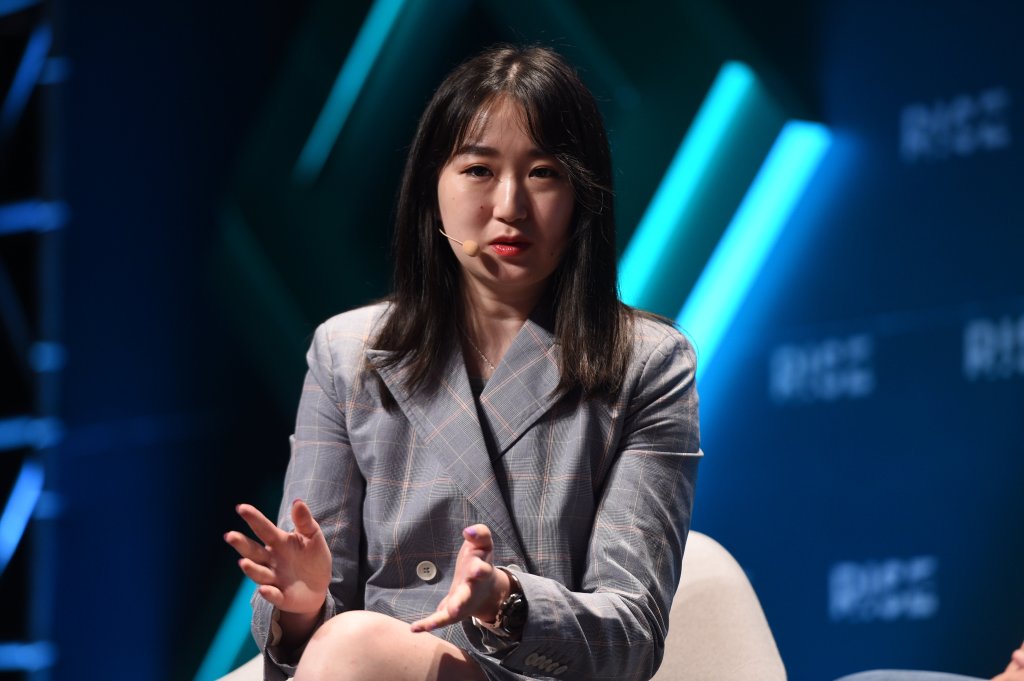
The family then moved to Australia, and Liu followed in her father’s footsteps toward a career in finance.
“My parents gave me a lot of freedom to explore what I wanted to do,” she says.
“Growing up, I didn’t have the typical high expectations. They always had a lot of confidence in me and wanted me to go out and do what I wanted.”
Liu says she was obsessed with building things and was a big fan of Lego in her adolescence. She applied for engineering and finance undergraduate programs in Australia, New Zealand, and the UK, and after visiting Melbourne, she felt that the city resonated best with her. She followed her bachelor’s degree with a Master’s in finance, and like her father, dabbled in investing in public markets.
“I started doing a bit of stock trading when I was 18 and in university,” she says.
Post-graduation, Liu started making full-time employment income, first at Barclays in Hong Kong, and then at the CICC investment bank in Shanghai, where she worked as an investment consultant.
She continued investing in stocks and did well. These early wins helped Liu develop her confidence in investing and gave her an appetite for some risk.
“If you think about investment in the sense that you’re building something, it’s not exactly like spending that money. There’s a completely different rationale behind it,” she says.
Lucy Liu
Liu had conversations with her father about investing, and he encouraged her to do it and contributed to the kitty she was pulling from.
“I was thinking of doing some angel investment or early-stage investment,” Liu says of the time around 2013 when she worked at CICC.
“Part of it was from my dad supporting me. Not being a professional investor or in a venture fund, the access that I had to start-ups was quite limited, so I was just exploring different ideas.”
Tariffs and trade wars
Today, Airwallex employs 1700 people in 37 locations, holds more than 60 licences and permits globally, collects payments in 130 different currencies, and serves 150,000 businesses.
Customers in 150 countries can receive payouts, 95% of which arrive in their accounts the same day. Key to expediting this process is that Airwallex leverages ‘local rails’ in more than 120 countries, circumventing the SWIFT international banking system.
Airwallex is a modern product for a modern economy, says Johnson. “The geopolitical era of dollar dominance is shifting. More companies are building global customer bases, remote workforces, and supply chains spanning five time zones. Yet the infrastructure supporting business payments still relies on SWIFT, a system built before email,” says Johnson.
Atlassian co-founder Scott Farquhar concurs that Airwallex products have changed the game in moving money across borders. “They built this incredible experience for people to be able to get access to commerce and global banking,” Farquhar says.
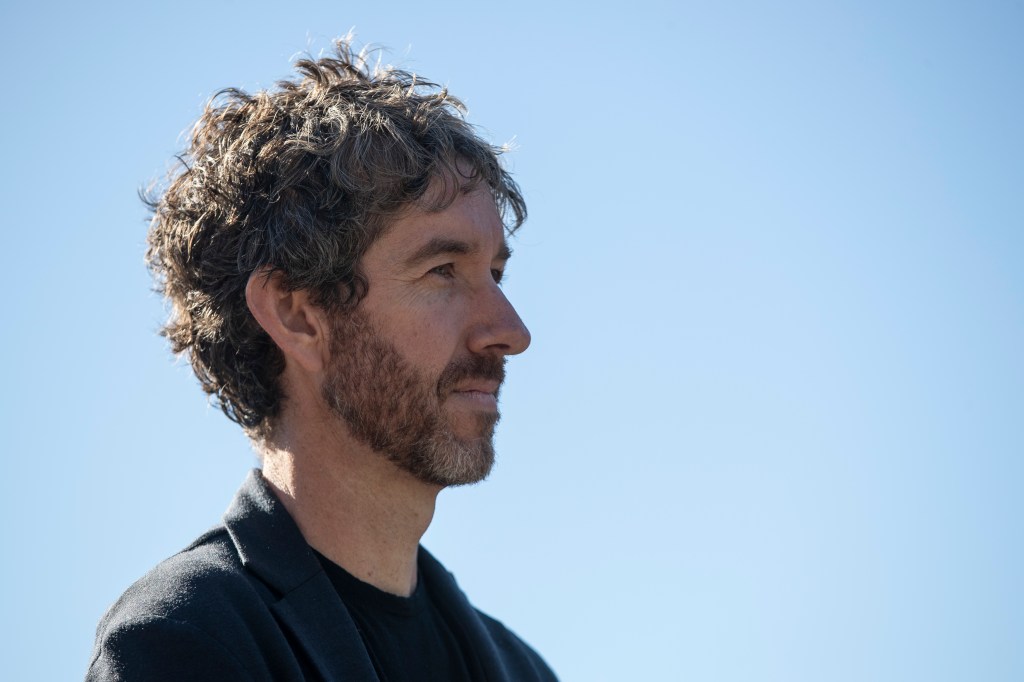
“That is a difficult kind of problem to solve. And they’ve done an incredible job of doing that internationally against some real industry heavyweights.”
Liu sees the complexity brought about by the recent US-initiated trade tariffs as an opportunity for her company.
“In the broader picture, protectionism makes global finance a lot more complex. And we are there to simplify it for our customers,” she says.
Liu continues to grow the company, relocating her young family from Shanghai to Singapore, where Airwallex has its global headquarters. The ultimate holding company for the group is in the Cayman Islands.
APAC is a bright spot for the firm. Revenue in that territory has grown 109% from Q1, 2024 compared with Q1, 2025, according to a company press release, on the back of the Australian and Hong Kong launch of Airwallex Yield and the Airwallex for Start-ups program in ANZ and Singapore. The same release reported that in March Airwallex “exceeded $US130 billion in global annualised payments volume” and achieved $US720 million in annualised revenue.
ASIC filings outlined in recent press reports say the firm’s Australian losses increased in financial year 2024 to $12.8 million. When asked about this, the company responded: “At Airwallex, we prioritise investing in our growth to support our customers’ expansion beyond their home markets and enable their active participation in the global economy.”
In addition to rolling out new products such as the aforementioned Airwallex Yield and Airwallex for Startups, the company is accelerating its growth acquisitively.
“In the past year, we have acquired entities in Vietnam and Mexico,” Liu says.
“[And] we’re focusing on our existing regions – APAC, EMEA and [the] Americas –and also emerging markets like the Middle East, Southeast Asia and Latin America.”
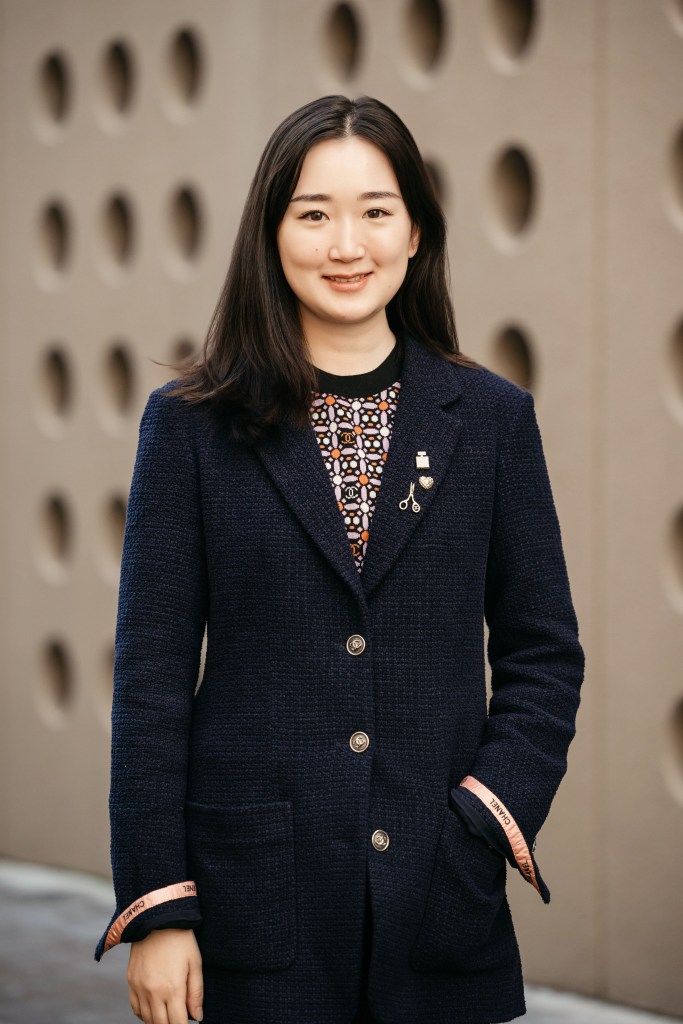
She acknowledges the geopolitical landscape is rapidly changing and says it is too early to tell us the impact that trade restrictions and fluctuating tariffs will have on the volume of transactions that Airwallex processes.
“We focus on helping our customers remain agile and are diversifying into emerging markets to account for trade shifts. If restrictions hit one corridor, we can quickly help them open accounts in alternative markets and manage supplier payouts in local currency. We are wherever our customers want to be,” Liu says.
It is not just geopolitical tensions between the US and other nations that provide opportunities for the company.
“Airwallex recently acquired MexPago in Mexico and entered Brazil through its acquisition of payments company UniPay,” Johnson says.
“These aren’t vanity expansions. They reflect a deeper strategic bet: that Latin America’s inefficiencies are a fintech goldmine.” That strategic alignment and the geopolitical environment caught Blackbird’s attention, which invested significantly in the $468m Series F round.
“We made the mistake of not investing early on, but have followed the team’s ability to execute relentlessly for years.”
Michael Tolo, Blackbird general partner
Blackbird General Partner Michael Tolo wouldn’t disclose the exact amount, but called the investment sizeable and noted it was made from the VC’s follow-on fund.
“This round presented a rare moment for us to correct previous mistakes and partner with one of the generational Australian companies,” says Tolo.
“We saw an attractive entry point that coincided with Airwallex demonstrating strong product-market fit in the UK and US, which sets the foundation for wider expansion through the Americas and Europe.”
McKinsey research reiterates the multilateral opportunity in cross-border payments. The market is on track to exceed $3.1 trillion by the end of 2028, growing at 5% a year over the next 5 years, with expansion expected in every international region.
Improving anti–money laundering and fraud prevention systems is key to unlocking value in the next phase of the payments market, McKinsey states.
Lemons into lemonade
Fraud is something the founding team understands all too well and is working to resolve.
“When Jack was in the US once, his entire backpack was stolen, including all of the cards and bank tokens we had. The thief went to Macy’s and went crazy shopping,” Liu says.
Many of the cards stolen from Zhang’s backpack were cancelled, but a Hong Kong bank account was overlooked.
“We discovered the transactions when we got the statement two or three weeks later, and then had to repay the money at the counter with a check,” Liu says incredulously.
She recounts this story to illustrate a point. Innovation in the B2B banking environment has not kept pace with the B2C market. “If a consumer credit card was defrauded, you would immediately know – you would get a call and be able to block and reissue the card without having too much interaction with your bank. On the business side, it’s different.”
The CEO’s stolen backpack saga informed a slew of innovations at Airwallex, including making it simple to cancel cards when necessary. “When we built our card product, we made sure it could be locked immediately on your app. You can have multiple card management within the same account. A lot of features came out of that experience.”
In essence, Liu says the Airwallex of today and tomorrow is the fintech platform that she wishes she had at her fingertips while doing the hard yards of building the company internationally.
Atlassian founder Farquhar, now Chairman of the Tech Council of Australia, agrees. “The businesses we want to encourage in Australia are the ones that export globally,” Farquhar says.
“Global exporters have this exact problem: ‘How do I take collections in multiple currencies? How do I pay people? How do I maintain different bank accounts? And how do I not get screwed by fees all the way through?’.”
Those problems are faced by company owners the world over. “Airwallex has done an incredible job of building that. I’m a huge fan of the leadership team and the customer experience that they’ve produced,” he says.
Blackbird’s Tolo notes that the decacorn company and its ambitious president are making waves here and abroad.
“Lucy’s journey from co-founder of a scrappy Melbourne-founded start-up to leader of a rapidly-growing, globally relevant business is testament to her tenacity and ambition,”
Michael Tolo
“Airwallex is a truly generational company, and Lucy is now inspiring a whole new era of Australian founders.”
This story was featured in Issue 17 of Forbes Australia. Tap here to secure your copy.



